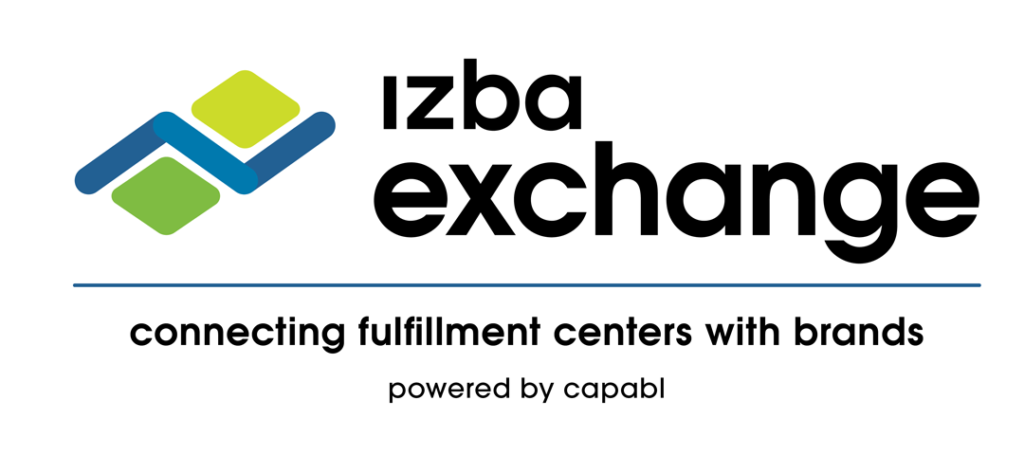
In today’s global marketplace, supply chain transparency has become a topic of discussion across various industries. In the beauty industry, where consumers are increasingly conscious about the products they use, understanding and implementing supply chain transparency is of utmost importance. By shedding light on the journey of a product from its inception to its arrival in the hands of consumers, supply chain transparency not only promotes ethical business practices but also ensures that products meet the high standards of quality and safety expected by consumers.
Understanding Supply Chain Transparency
Before delving into the role of transparency in the beauty industry, it is important to first define what supply chain transparency means. Supply chain transparency refers to the disclosure and visibility of information throughout the supply chain, allowing stakeholders to trace the origins and journey of a product.
Supply chain transparency is incredibly important in terms of business ethics. It ensures that companies operate in an accountable and responsible manner, with a focus on social and environmental sustainability. By proactively sharing information about their supply chains, companies can demonstrate their commitment to transparency and build trust with their customers.
One key aspect of achieving supply chain transparency is the use of technology. Companies are increasingly turning to blockchain technology to enhance the transparency of their supply chains. Blockchain allows for secure, decentralized record-keeping, enabling every transaction and movement of goods to be recorded and verified. This technology provides a tamper-proof way to track products from their source to the end consumer, ensuring authenticity and ethical sourcing.
Moreover, supply chain transparency is not only beneficial for ethical reasons but also for business performance. A transparent supply chain can lead to cost savings through improved efficiency and risk management. By having a clear view of their supply chains, companies can identify areas for optimization, reduce waste, and respond more effectively to disruptions. This can ultimately result in a competitive advantage in the market, as consumers increasingly value transparency and sustainability in the products they purchase.
The Beauty Industry and Its Supply Chain
Now, let’s take a closer look at the beauty industry’s supply chain. The beauty industry is a complex network of suppliers, manufacturers, distributors, and retailers who collaborate to bring products to market. From sourcing raw materials to manufacturing, packaging, and distribution, multiple stages are involved in the supply chain of beauty products.
Unfortunately, this complexity can sometimes lead to challenges and issues. Common issues in the beauty industry’s supply chain include unethical sourcing of ingredients, poor working conditions, and environmental impact. Supply chain transparency plays a crucial role in addressing these challenges and ensuring that companies take responsibility for their actions.
One key aspect of the beauty industry’s supply chain is the concept of “just-in-time” manufacturing. This approach involves producing goods only as they are needed in the production process, reducing excess inventory and waste. Just-in-time manufacturing helps companies in the beauty industry streamline their operations and respond quickly to changing consumer demands.
Furthermore, the beauty industry’s supply chain is heavily influenced by trends and innovations in packaging design. As consumer preferences shift towards sustainable and eco-friendly options, beauty companies are increasingly investing in recyclable materials and biodegradable packaging. This shift not only impacts the environmental footprint of beauty products but also presents new challenges in terms of sourcing and manufacturing processes.
The Impact of Transparency on the Beauty Industry
The impact of transparency on the beauty industry cannot be underestimated. With access to information at their fingertips, consumers are increasingly demanding transparency from the brands they support. They want to know where their products come from, how they are made, and the impact they have on people and the planet.
Transparency builds consumer trust. When consumers have access to information about a product’s ingredients, sourcing practices, and manufacturing processes, they can make more informed purchasing decisions. This trust leads to brand loyalty and repeat purchases, ultimately benefiting the bottom line of beauty companies.
Moreover, transparency also plays a crucial role in product quality assurance. By providing visibility into the supply chain, companies can ensure that their products meet the highest standards of safety, quality, and efficacy. This not only safeguards consumer health but also protects the brand’s reputation.
One significant aspect of transparency in the beauty industry is the trend towards cruelty-free and vegan products. Consumers are increasingly concerned about animal welfare and the environmental impact of traditional beauty products. Brands that are transparent about their cruelty-free and vegan certifications are gaining popularity among ethically conscious consumers.
Another important factor in transparency is the push for sustainable packaging. Beauty companies are under pressure to reduce their environmental footprint, and transparently sharing their efforts towards using recyclable or biodegradable packaging materials can enhance their brand image and attract environmentally conscious consumers.
Implementing Transparency in the Beauty Supply Chain
Implementing transparency in the beauty supply chain is a crucial step towards fostering ethical practices and sustainability within the industry. It involves a comprehensive approach that necessitates collaboration and dedication from all stakeholders involved, including suppliers, manufacturers, and retailers. By enhancing transparency, companies can build trust with consumers and showcase their commitment to social and environmental responsibility.
One key aspect of promoting transparency in the beauty supply chain is supplier engagement. Companies can work closely with their suppliers to gain insights into their practices, ensuring alignment with ethical and sustainable standards. This collaboration can lead to improved relationships, increased accountability, and the opportunity to drive positive change throughout the supply chain.
- Supplier Engagement: Collaborate closely with suppliers to understand their practices and ensure alignment with ethical and sustainable standards.
- Traceability Systems: Implement traceability systems to track the journey of ingredients and finished products throughout the supply chain.
- Certifications and Standards: Seek certifications and adhere to industry standards to demonstrate commitment to responsible sourcing and production.
Moreover, the implementation of traceability systems is essential for achieving transparency in the beauty supply chain. By tracking the journey of ingredients and finished products from source to shelf, companies can identify potential risks, monitor compliance with regulations, and provide consumers with detailed information about the products they purchase.
Despite the benefits of promoting transparency, companies may encounter challenges along the way. Limited visibility into lower-tier suppliers, the absence of standardized reporting processes, and the requirement for significant investments in technology and resources are some of the obstacles that can impede progress. Overcoming these challenges demands a concerted effort from all parties involved and a commitment to continuous improvement in supply chain practices.
The Future of Transparency in the Beauty Industry
Looking ahead, there are several predicted trends and developments in the realm of supply chain transparency in the beauty industry. As consumer demand for transparency continues to grow, companies will be forced to adapt and evolve.
One trend that is expected to gain traction is the use of blockchain technology for supply chain transparency. Blockchain has the potential to create a decentralized and tamper-proof record of transactions, providing a higher level of trust and transparency.
In addition, increased collaboration among industry players, regulators, and non-governmental organizations (NGOs) is likely to drive positive change in the beauty industry’s supply chain. By working together, stakeholders can share best practices, set industry-wide standards, and hold each other accountable.
The Long-term Benefits of Supply Chain Transparency
Ultimately, the long-term benefits of supply chain transparency in the beauty industry extend far beyond increased consumer trust and brand loyalty. Transparency promotes sustainable practices, human rights, and environmental conservation. It empowers consumers to make informed choices and supports businesses in building a positive reputation.
By embracing supply chain transparency, the beauty industry can become a beacon of ethical and sustainable practices, setting an example for other industries to follow. Together, we can create a future where transparency is the norm, and consumers can confidently choose beauty products that align with their values.
As the beauty industry moves towards a future of ethical and sustainable practices, it’s clear that supply chain transparency is not just a trend, but a cornerstone of business success. At Izba Consulting, we understand the intricacies of supply chain operations and the impact they have on your profitability and cash flow. Our seasoned team, with a rich mix of Fortune 500 and startup experience, is ready to partner with you to enhance your supply chain and drive your business forward. Embrace the change and become a leader in the transparent beauty movement. Subscribe to our newsletter today and let us help you start, scale, and exit your business with confidence and clarity.




